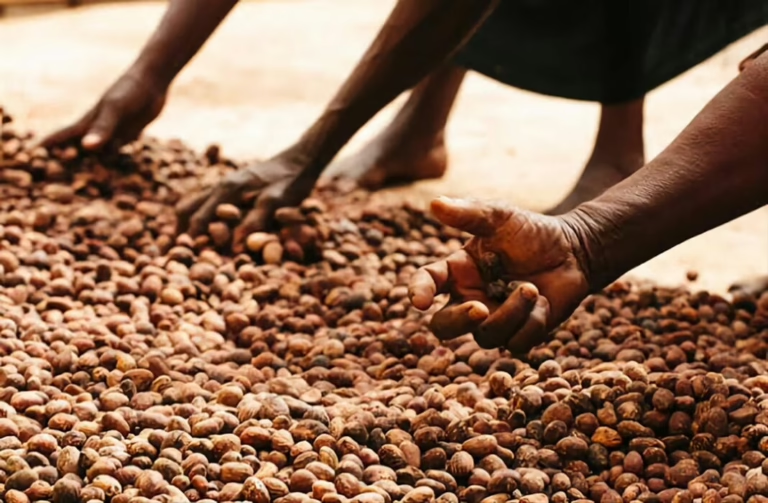The recent Network of Practical Exporters of Nigeria (NPNEN) Town Hall was largely focused on the Federal Government’s temporary prohibition on exporting raw shea nuts. Attendees voiced strong concerns that this policy adversely affects local farmers, women entrepreneurs, and small to medium-sized enterprises (SMEs) within the sector.
Representatives from the National Shea Products Association of Nigeria (NASPAN) and other key players in the nigeria-bans-raw-shea-nut-exports/” title=”… Takes Bold Step: Bans Export of Raw … Nuts to Boost Local Industry”>shea industry criticized the government for implementing the ban without prior consultation with stakeholders.
During the September 19, 2025 gathering, participants highlighted how the sudden policy change has disrupted ongoing business operations, jeopardized existing export agreements, and encouraged illicit cross-border trade activities.
Dr. Aderemi Apatira, an expert in Strategic Policy Engagement, underscored the necessity of inclusive policymaking processes. He pointed out that many Nigerian policies have faltered due to insufficient communication and lack of meaningful involvement of those directly impacted.
Adding to the discussion, Blessing Nura Bosa advocated for stronger collaboration with legislative authorities to ensure that business realities are factored into policy decisions. Meanwhile, Ajibola Alfred emphasized that NPNEN should move beyond dialogue and actively engage policymakers to shape future regulations.
The consensus was clear: it is crucial to identify and collaborate with the architects of policy to address concerns regarding the timing and consequences of the current export restrictions on businesses and investors.
Beyond the shea industry, the forum also shed light on wider issues affecting Nigeria’s agricultural trade policies, referencing recent prohibitions on cocoa beans, cashew nuts, and maize imports. Stakeholders warned that abrupt, unilateral policy moves deter investment and conflict with Nigeria’s international trade obligations.
As a way forward, NASPAN committed to compiling comprehensive data and visual evidence illustrating the ban’s impact, while NPNEN will gather and relay stakeholder feedback to government authorities. Additionally, plans are in motion for a larger stakeholder conference scheduled for February 2026, aimed at fostering more structured dialogue between policymakers and the private sector.
Participants concluded that achieving sustainable expansion in the shea and broader agricultural export markets depends on data-driven policymaking, ongoing transparent communication, and meaningful inclusion of private sector perspectives in policy development.
Speakers urged the federal government to consider a gradual implementation of export restrictions, allowing exporters with existing contracts to complete their obligations before enforcement. They also called for targeted support measures to help SMEs absorb the economic impact of the ban.

















